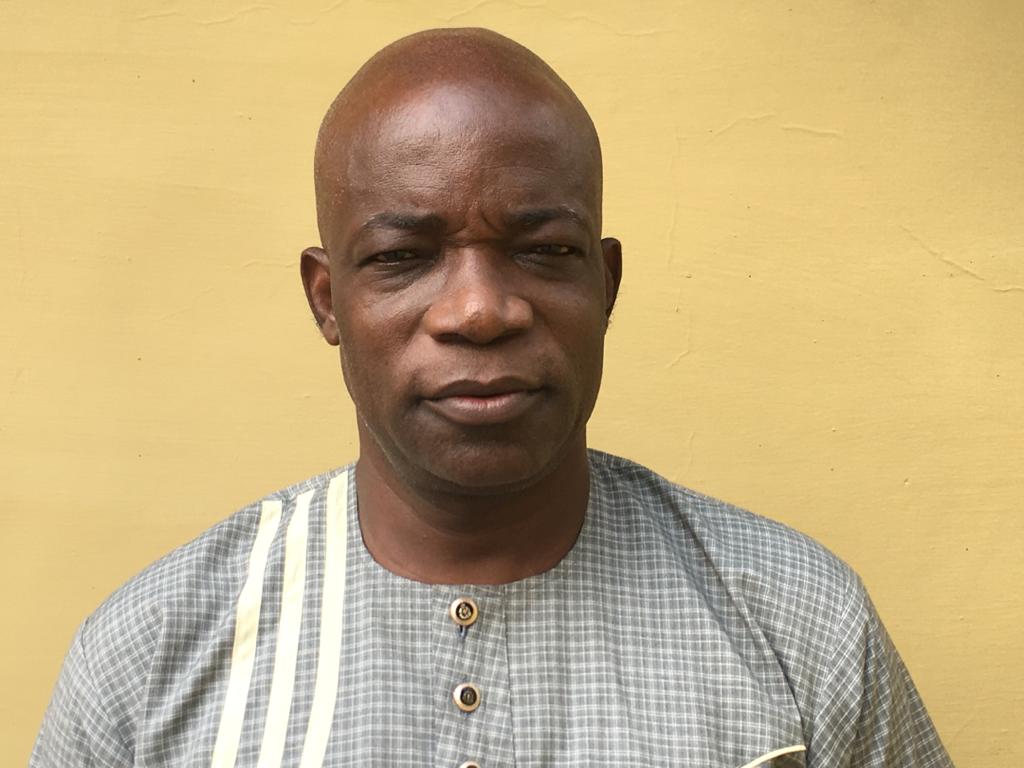Ghana’s Education system is said to have declined in terms of policy formulation and implementation over the years as compared to the policies implemented in the 80s which made Ghana the icon of education in Sub Saharan African.
This was disclosed by the Chairman of the Advisory Board of the Ghana National Association of Private Schools (GNAPS), Dr. Bright Honu. He said this in a statement released and copied to Ghananewsonline.com.gh, on the current educational policies governing Ghana’s educational system. He described the situation as the worst ever in the history of Ghana and Sub-Saharan Africa.
He revealed that Ghana education started crawling after the introduction of Dzobo Commission’s educational reforms concept in the era of the late former president Jerry John Rawlings. Even though he claimed it was a great policy that was well implemented it lacked adequate preparation.
Read More:
“Workshops were built, working tools were provided but have no facilitators, the concept however failed even though it was of practical based because it was lacking a clear cut vision into the future”.
Dr. Bright Honu blamed the havoc which has bedeviled Ghana’s educational system on what he described as “political gimmicks” as the institution has become political a playground in the hands of politicians. He classified the changes introduced by former President Kuffour by changing the Juniors Secondary School where students go home with a trade to a Junior High School system which is of pure academic in nature.
Explaining why he thinks the current education policy of the country is the worst ever to be implemented in Ghana, the GNAPS Board Chair said “the current policy lacks adequate preparation which and its implementation is just to score cheap political points. He said the same cut and paste system that will not yield the desired results because it is politically motivated and as soon as it’s political Master leaves office”.
He suggested a fifty year long term education policy involving all stakeholders including GNAT, GNAGRAT, GNAPS, University teachers, parents as well as persosn from all sides of the political divides to formulate an educational policy blended with our culture and what we have as a nation. He also called for a backing law that will prevent successive governments from tampering with the policy.
Source: William Dei Gyau

